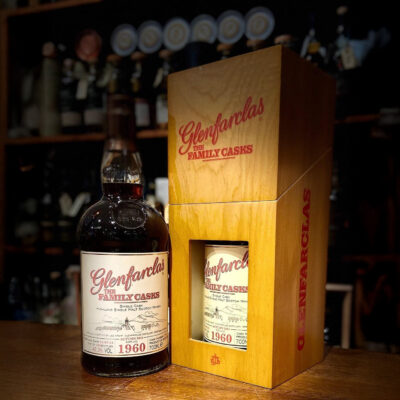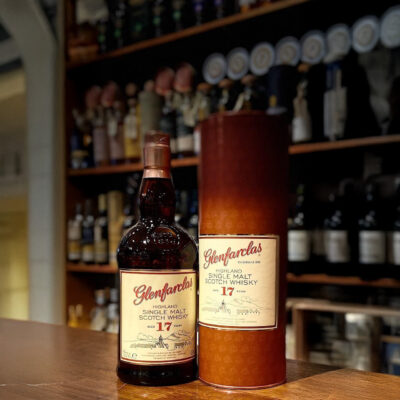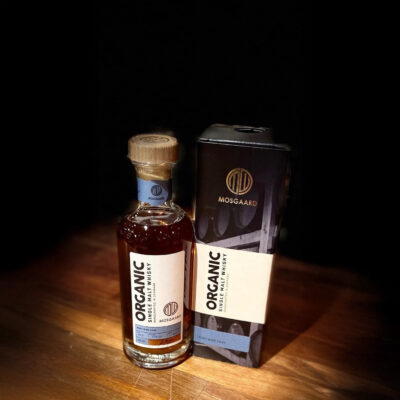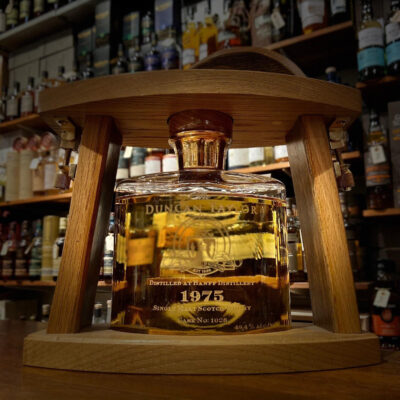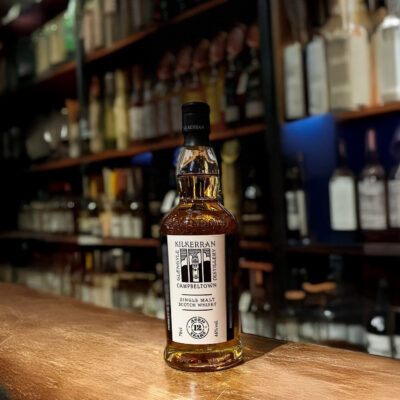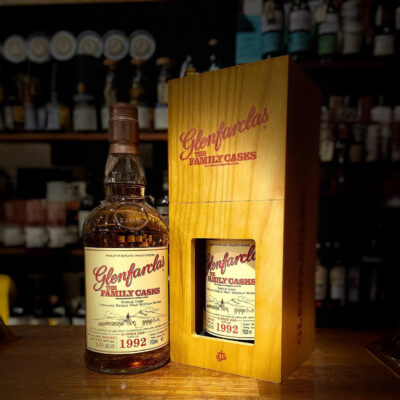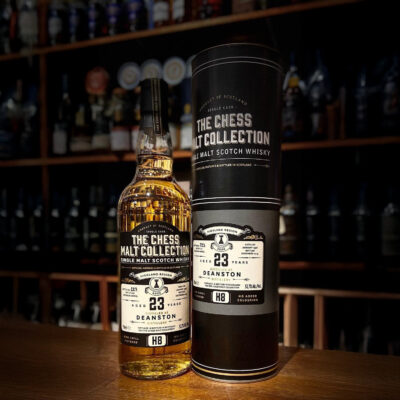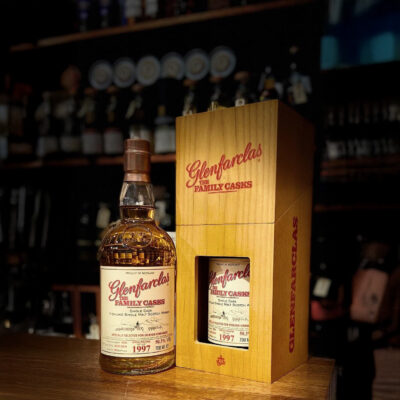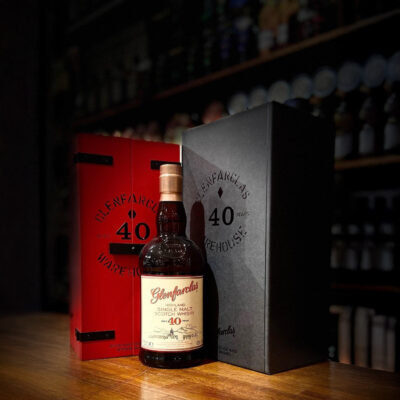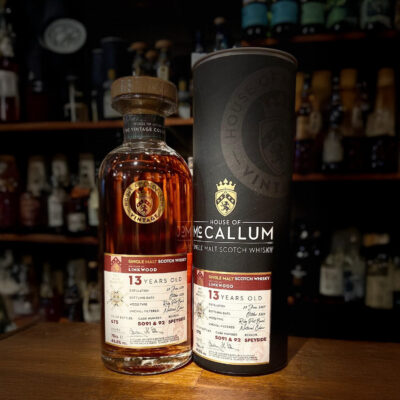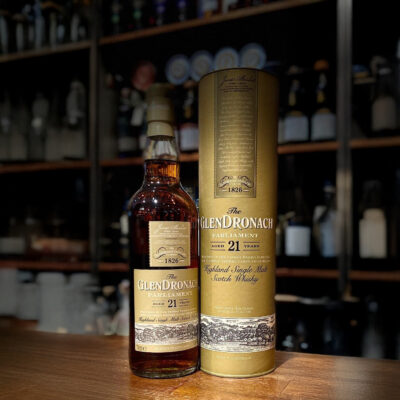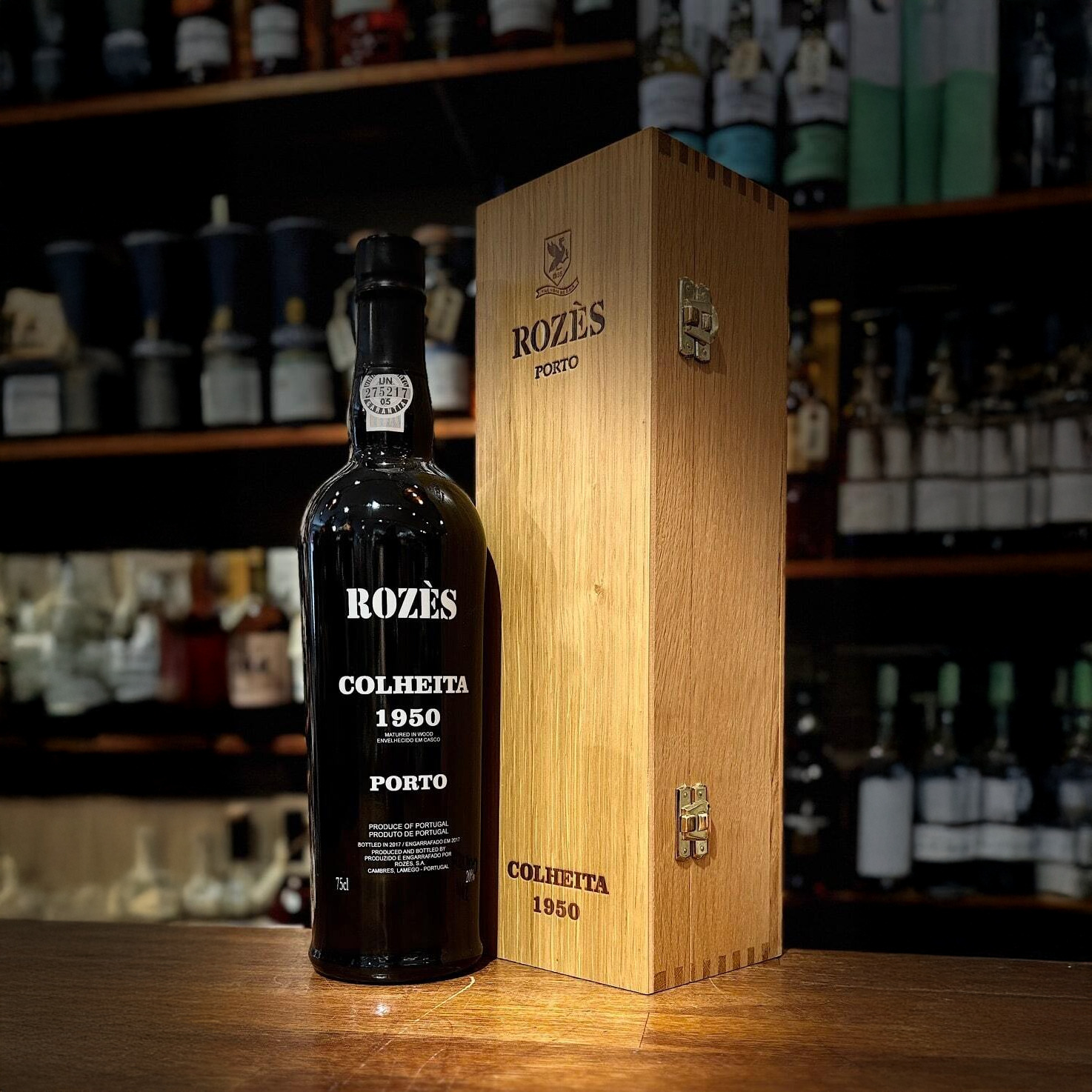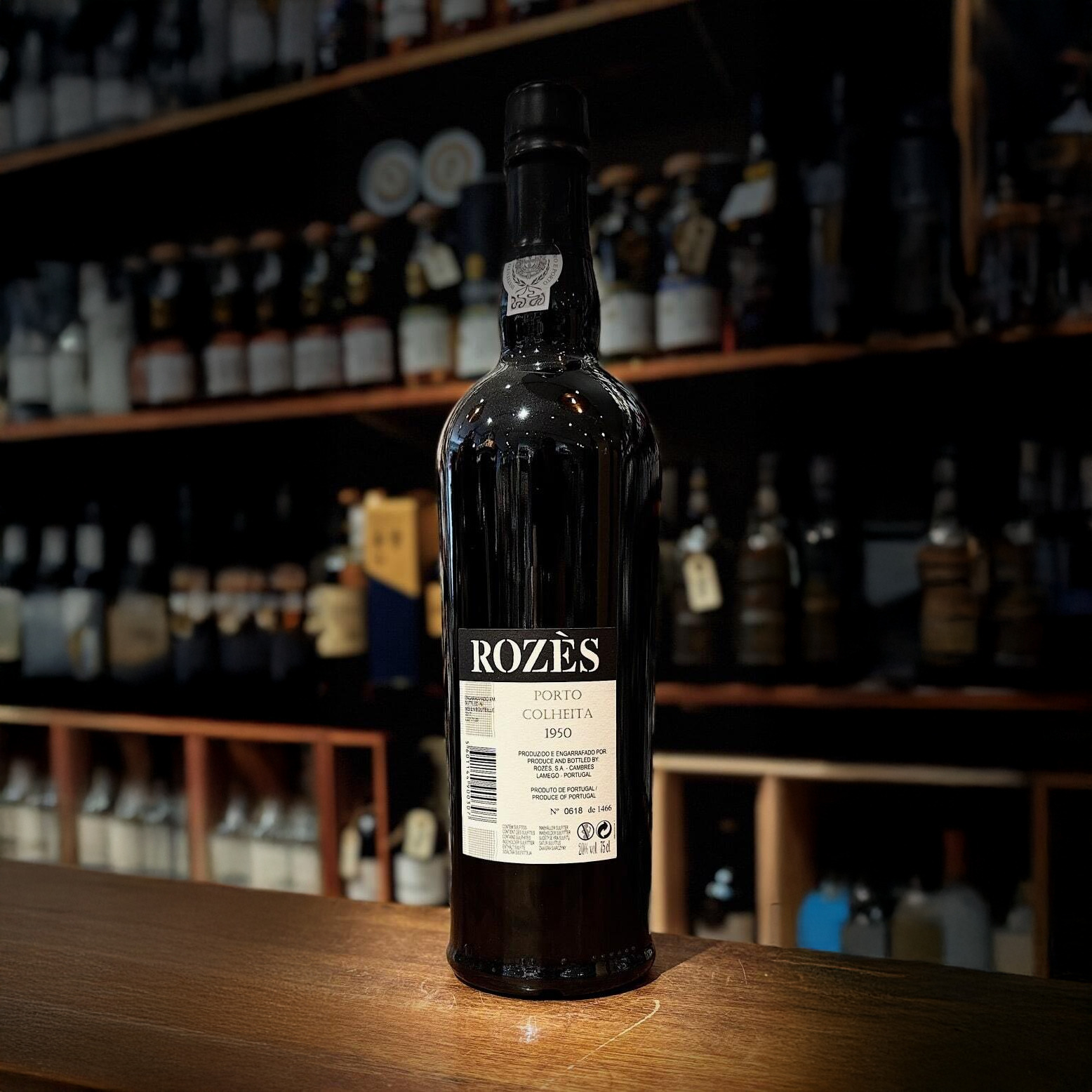1. Age limitations
You must be at least 18 years old to purchase alcoholic beverages (wine, spirits) at Eriksen Vinhandel.
2. Prices
All prices include VAT and applicable taxes. We make reservations for sold-out items, typing errors, vintage changes, tax changes and price and currency changes from external sources.
3. Payment
At Eriksen Vinhandel you can pay securely with Visa, Visa/Dankort, MasterCard, Maestro or via bank transfer. The use of gift cards is not possible.
- The amount will only be deducted from your card when the order is shipped.
- When paying with international payment cards, the amount is reserved immediately. The money remains reserved until we withdraw the amount upon shipment or it is released according to the agreement with your card issuer. Read more about the rules for your specific card with your card issuer.
- For purchases via the website you will be contacted via email regarding payment.
We do not charge any card fees.
Are you a public institution or do you want to shop via EAN number? We offer easy creation of EAN payment. Send an email with your information to info@evh.dk, and we will quickly create an EAN account so you can shop via EAN without any hassle.
4. Order confirmation
Once you have placed an order in the webshop, you will receive an order confirmation by email. Remember to check your spam filter if you haven't received it within a few minutes.
5. Order processing
We will process your order as soon as possible. After receiving the order, we will contact you regarding payment and we strive to ship the order no later than the day after payment is received, unless otherwise agreed.
6. Delivery
We offer delivery in Denmark with GLS and PostNord and international delivery with PostNord. Delivery time is typically 1-3 business days after receipt of order. In case of backorders or delays (e.g. in connection with holidays, Black Friday or sales) you will be informed as soon as possible about possible solutions, such as canceling the purchase or finding an alternative item.
Delivery options and prices in Denmark:
- GLS Pakkeshop: 100 kr.
- PostNord Home Delivery: 100 kr.
- PostNord Business Delivery: 150 kr.
- In-store pickup: Free (Nygade 4, 4300 Holbæk).
International delivery: Price varies by destination and is shown at checkout.
We follow GLS and PostNord requirements for packaging and apply their tariffs. If you fail to collect a parcel from the parcel shop and it is returned to us, the actual cost will be charged by the shipping company. If you want the package returned, you bear the cost of re-delivery.
7. Right of withdrawal
You have a 14-day right of withdrawal when you shop with us. The period starts from the day you receive your order or when you receive the last item if the order is delivered in several parts.
To exercise the right of withdrawal, you must notify us within 14 days of receipt. Contact us at info@evh.dk, call 59 43 25 67, use our standard withdrawal form, or request a withdrawal online. The message must clearly state that you wish to cancel the purchase. It is not sufficient to simply refuse receipt of the package without a clear message.
7.1 Returns
You must return the goods without undue delay and no later than 14 days after you have notified us of the withdrawal. Send the item to:
Eriksen Vinhandel, Nygade 4
4300 Holbæk, Denmark
You bear the cost of return shipping and bear the risk of the item from the time of delivery. We recommend that you return the item in its original packaging to avoid loss of value.
You may also return the item in person at the above address by prior arrangement.
7.2 Condition of the item upon return
You may handle the item to determine its nature and characteristics, but not put it into actual use. If the item has been handled beyond this, it is considered used, which may result in a loss of value. In such cases, you may be refunded a small part or none of the purchase amount, depending on the commercial value of the item as assessed by Eriksen Vinhandel.
7.3 Refund
In case of withdrawal, we will refund all payments, including standard delivery costs, within 14 days after we have received your notice of withdrawal. Additional costs for a more expensive delivery method will not be refunded. The refund will be made with the same means of payment that you used for the purchase, unless otherwise agreed. We may withhold the refund until we have received the item, unless you document that the item has been returned.
8. Complaints and defects
You have a 24-month right of complaint under the Danish Sale of Goods Act if the item has a defect that is not due to improper use or damage-causing behavior. Contact us no later than the first business day after receipt if you discover defects or damage. The complaint must be made within a reasonable time, and complaints within two months of discovery of the defect are always considered timely.
In the event of a justified complaint, you can have the item repaired, exchanged, refunded or a price reduction, depending on the situation. We will reimburse reasonable shipping costs for returns if the complaint is justified. Send the item in proper packaging to:
Eriksen Vinhandel, Nygade 4, 4300 Holbæk
Include a detailed description of the problem. We do not accept packages without delivery or sent cash on delivery.
9. Security of personal data
We protect your personal data technically and organizationally to prevent:
- Accidental or unlawful destruction
- Publication
- Loss, deterioration or corruption
- Unauthorized access or misuse
- Unlawful processing
Your data is stored on secure servers within the EU. Although we take all possible precautions, we cannot guarantee complete security if unauthorized persons bypass our security measures. You provide your data at your own risk.
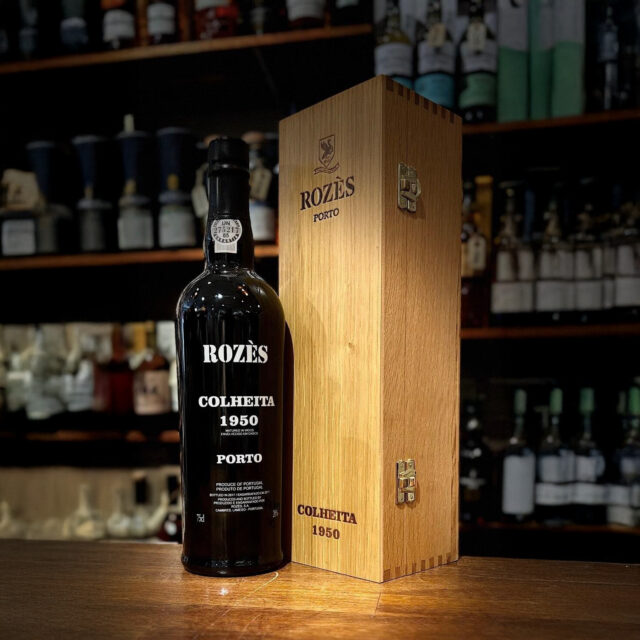
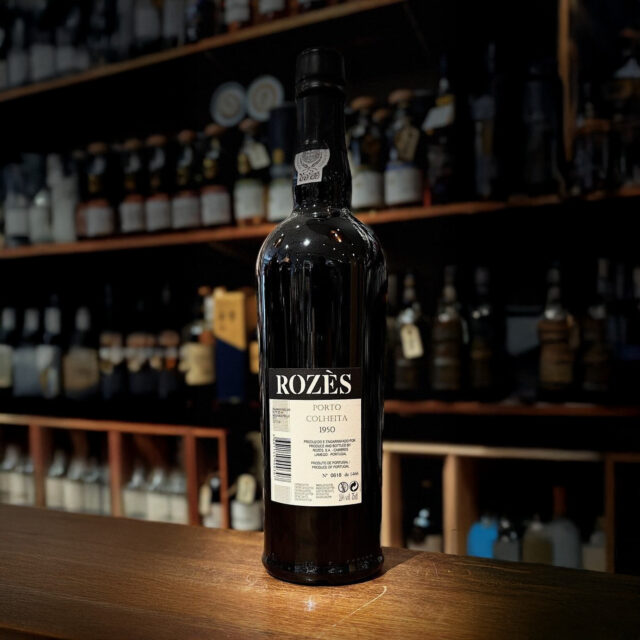
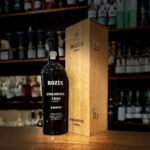
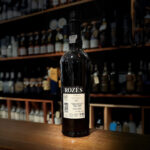






 Trustscore
Trustscore 

